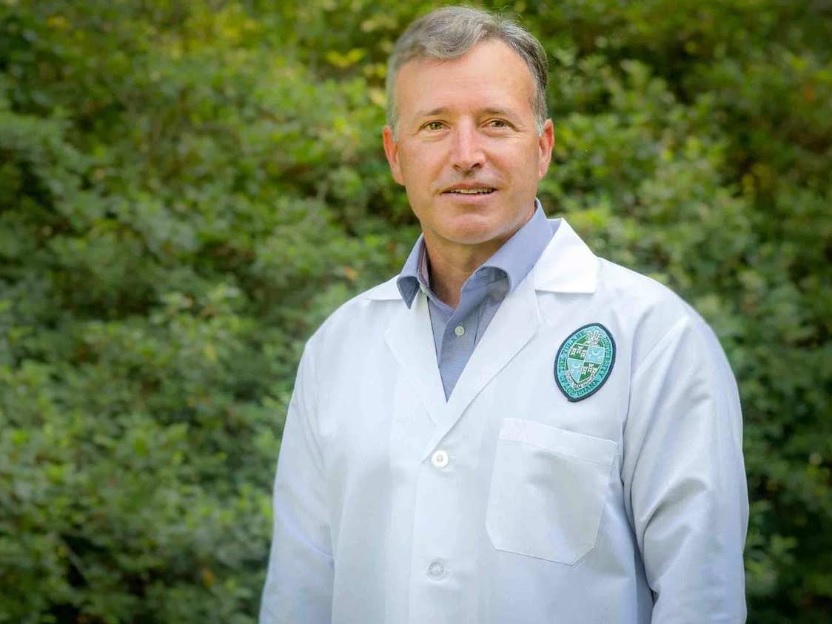
The National Institutes of Health, National Institute of Allergy and Infectious Diseases (NIH/NIAID) has awarded Tulane National Primate Research Center a contract of up to $10.3 million to evaluate the nation’s most promising vaccines and treatments to combat coronavirus disease 2019 (COVID-19).
COVID-19, or the novel coronavirus, is an emerging infectious disease that has infected over 1.17 million people and claimed more than 64,000 lives in a global pandemic. No vaccines or treatments currently exist to treat the highly contagious disease.
The three-year NIH/NIAID award will initially study three species of nonhuman primates to determine which most closely mimics COVID-19 infection and transmission as experienced by humans. A nonhuman primate model will provide key information about the characteristics of the disease and will help researchers determine which candidate COVID-19 vaccines and treatments are safe and effective.
A nonhuman primate model also helps researchers understand which underlying health conditions, or comorbidities, can make some people more susceptible to complications from the disease.
“The range of biological responses to COVID-19 is incredibly wide,” said lead investigator Chad Roy, professor of microbiology and immunology in the Tulane University School of Medicine and director of infectious disease aerobiology at the Tulane National Primate Research Center. “We know relatively little about the intricacies of the disease — like why some infections result in mild disease, while others experience severe complications or death.”
Past attempts to study emergent coronavirus infections such as SARS and MERS in laboratory animals have been challenging. Early efforts have signaled that COVID-19 may be no different, punctuating the urgency for intensive research activity in this area. Once a reliable nonhuman primate model of disease has been established, Tulane researchers will then test promising vaccines and therapeutics for safety and effectiveness before promoting them for use in human clinical trials.
“We will be a primary site for evaluating the nation’s leading medical countermeasures against COVID-19,” Roy said. “Receiving this award is a testament to the unique capabilities of the Tulane National Primate Research Center and the international reputation of Tulane University as a leader in infectious disease research.
This project has been funded with federal funds from NIAID, NIH and the Department of Health and Human Services under contract No. HHSN272201700033I.


